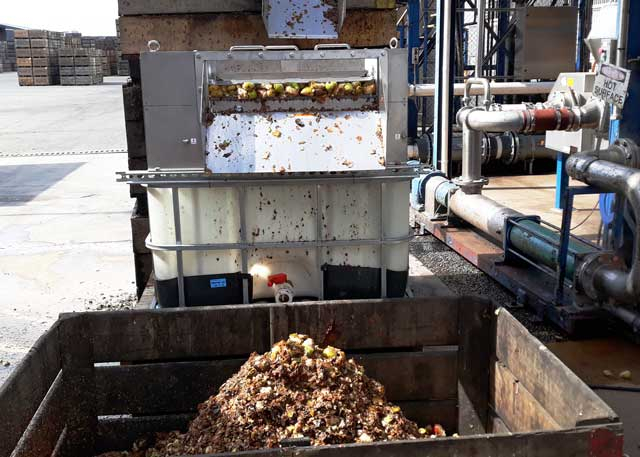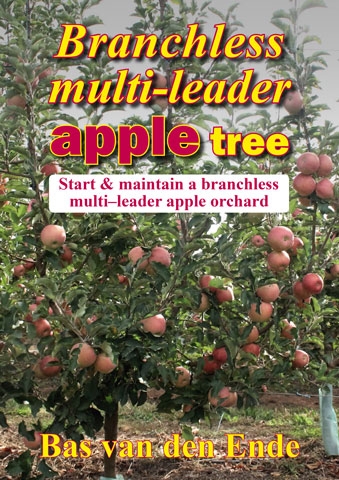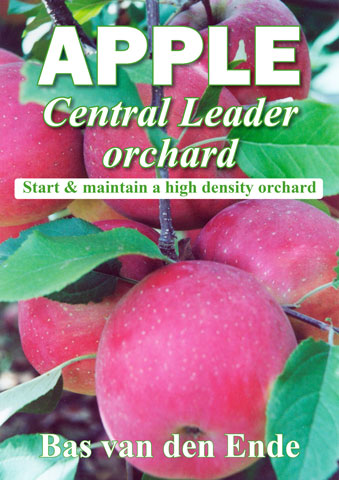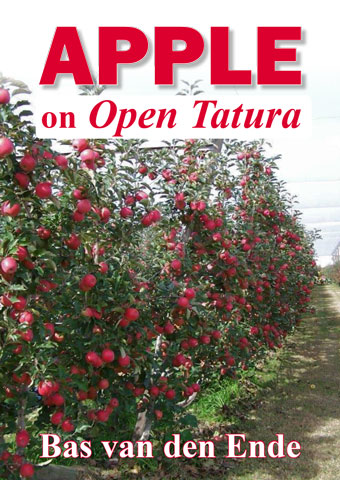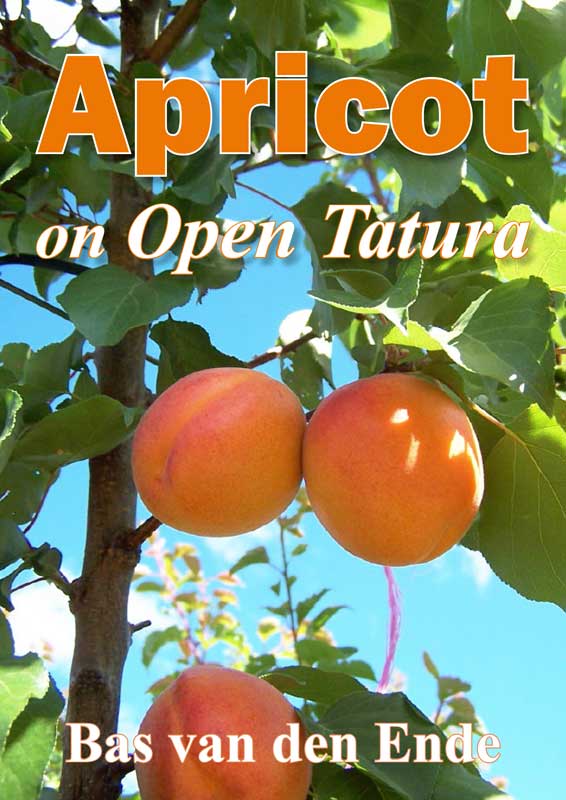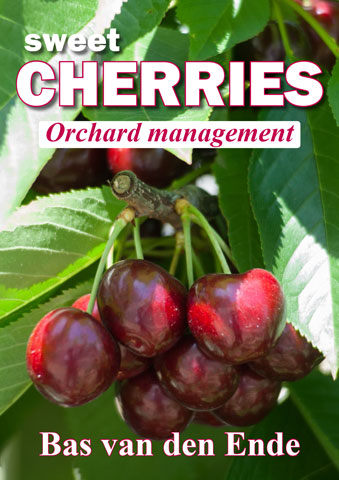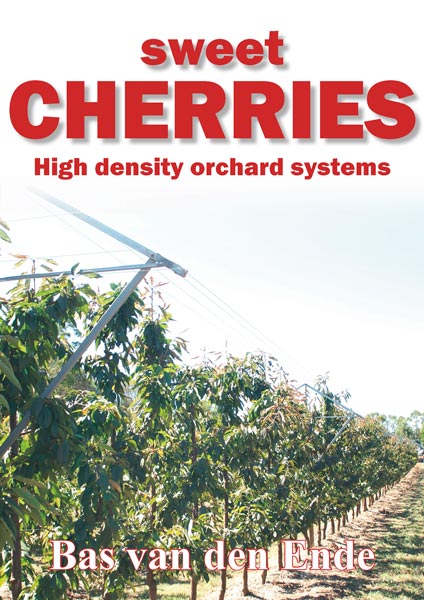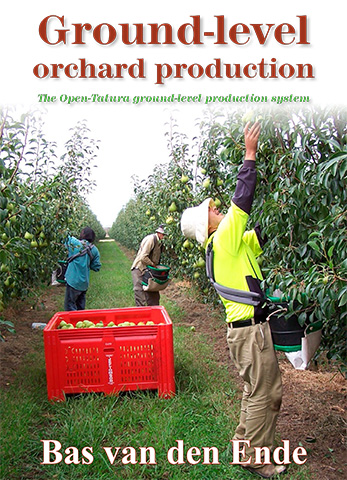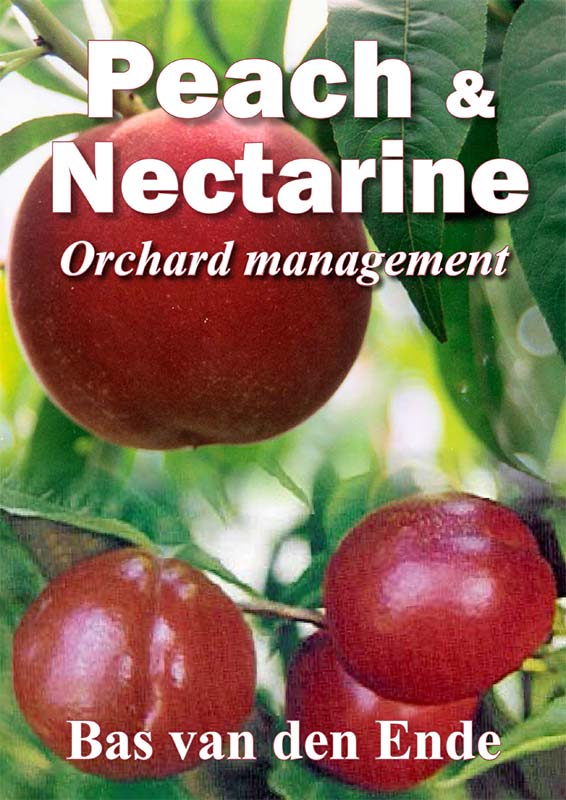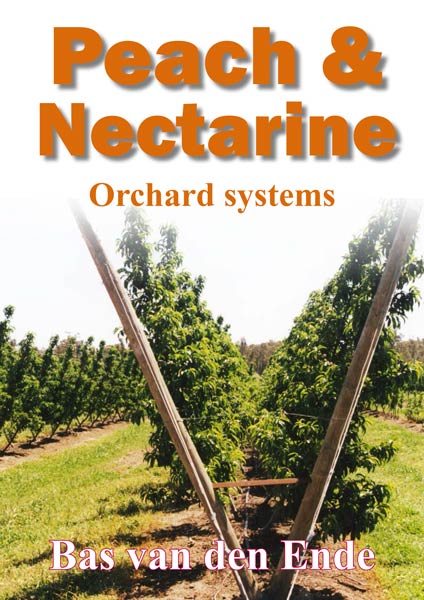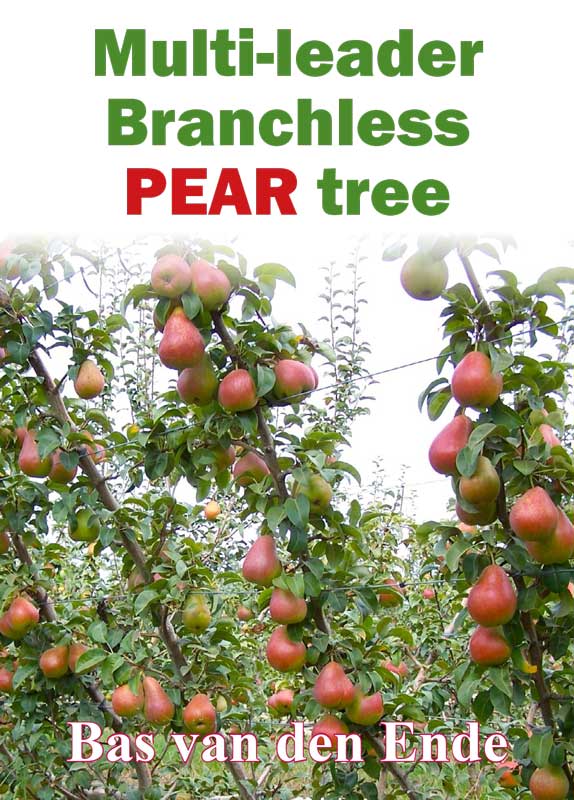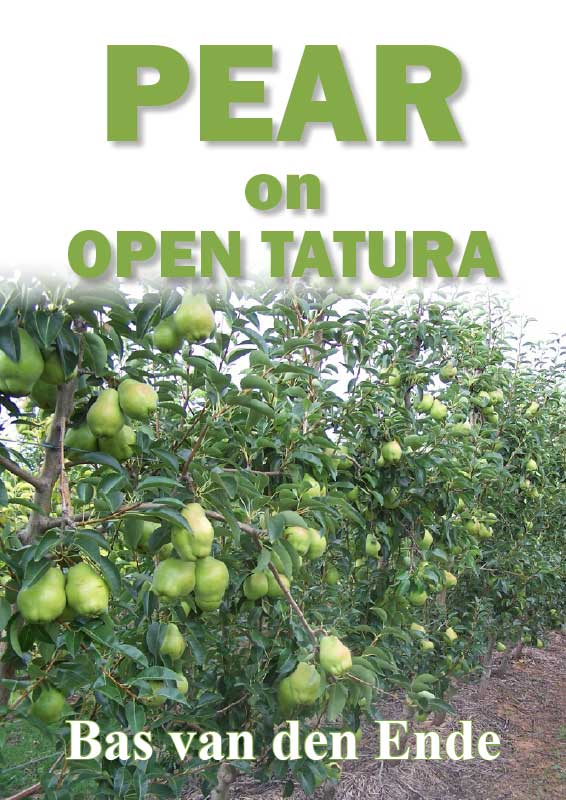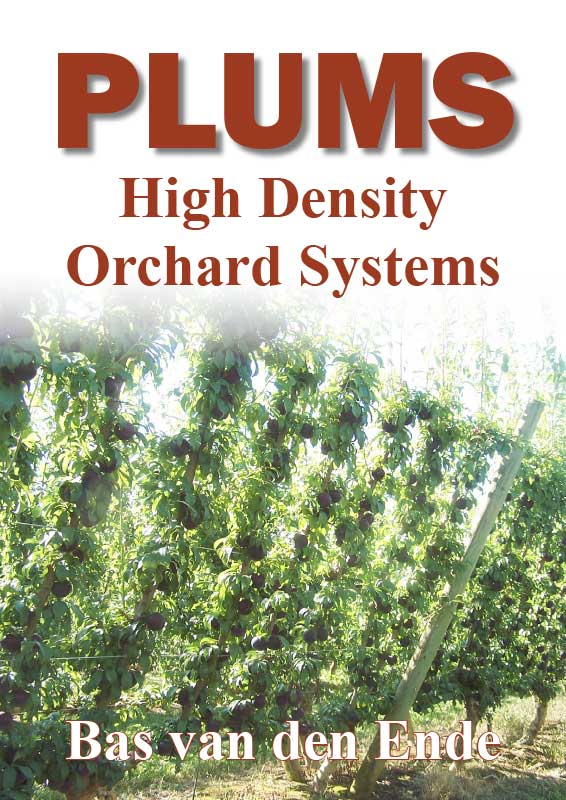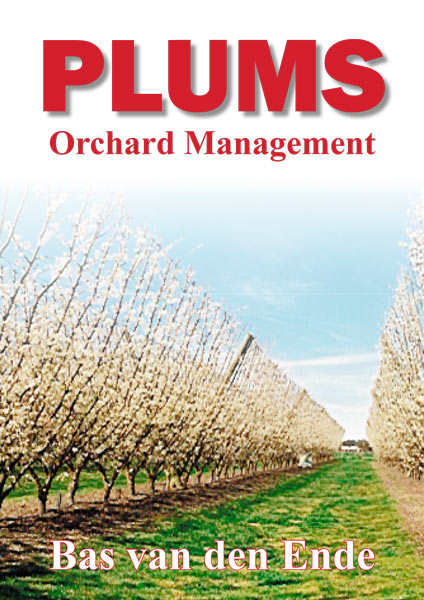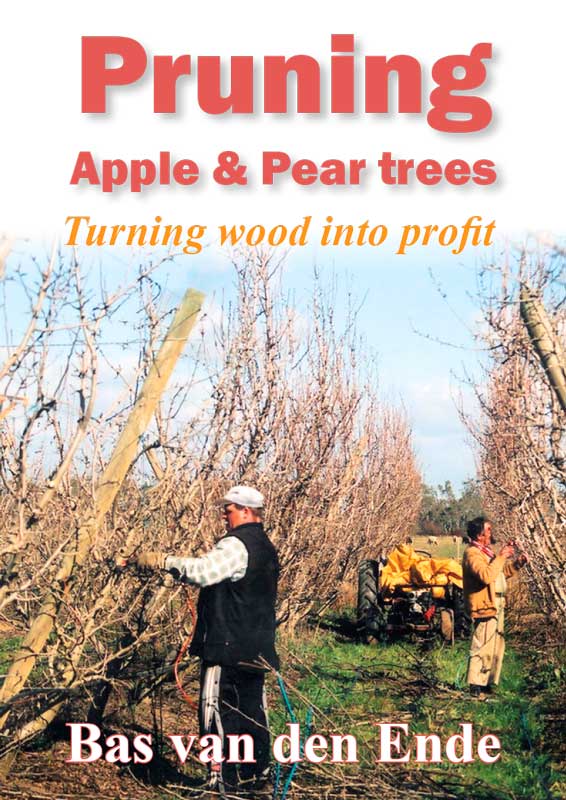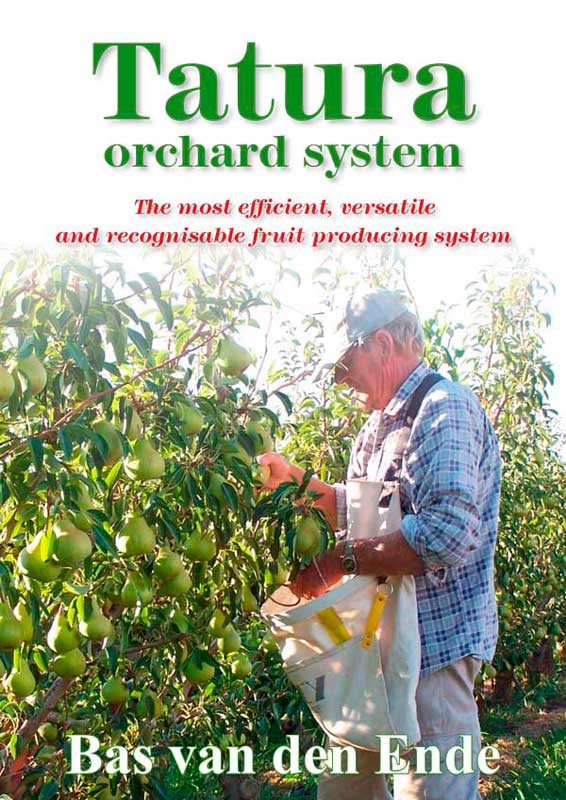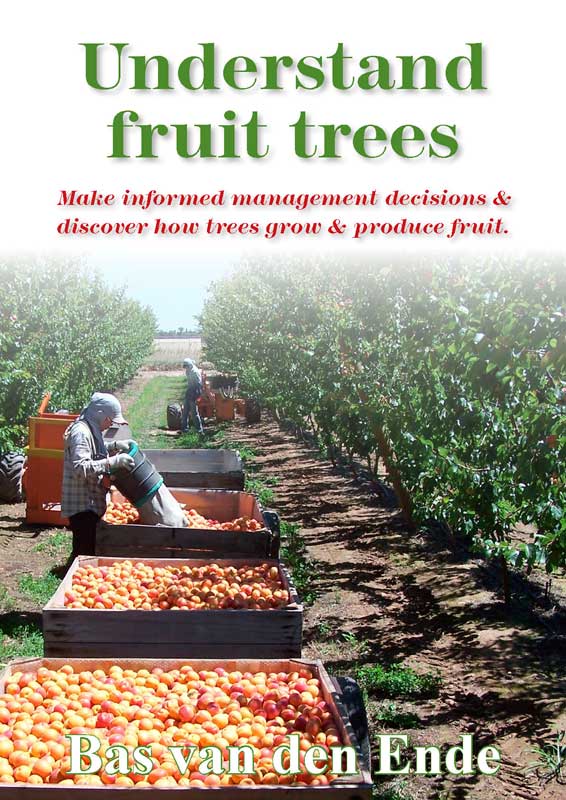A leading Australasian food processing company committed to ongoing excellence in sustainability has become an early adopter of a sludge dewatering technology engineered to cost-efficiently reduce the environmental footprint of food, beverage, and wastewater treatment throughout Australia, New Zealand and the Asia-Pacific.
The international fruit processing facility in Hawkes Bay, New Zealand processes tens of thousands of tons of fruit for both local and export markets, using a compact and cost-efficient KDS multidisc roller system from CST Wastewater Solutions as part of their process.
Used for apples, pears & other fruit
Used on fruit such as apples and pears (also suitable for other fruit) the technology dewaters wet, sloppy screened waste from processing, reducing waste volumes by up to 90 per cent, improving OHS and cleanliness outcomes and radically reducing the cost and spillage issues of disposing of waste.
Other KDS applications include thickening and dewatering of Dissolved Air Flotation (DAF) sludge.
Transform wet waste to drier product
“KDS transforms wet waste to a much drier product that is less messy, easier and hygienic to handle, and cleaner to transport for recycling to stockfeed,” says CST Wastewater Solutions Managing Director Mike Bambridge.
“In addition to saving fuel and other transport and disposal expenses—which can amount to hundreds of dollars a ton—the drier waste helps protects water tables and conforms with the strong environmental and pure food credentials of the processor.”
Handles variable quality and volume
The fruit processor uses the KDS technology to handle a highly variable quality and volume of up to 6m3/h.
“This first NZ adopter of the KDS technology had previously tried alternative technologies, but none handled the variable volume involved or dewatered the fruit waste enough to prevent excess water and product from creating an unhygienic site and causing leakage,” said Mr Bambridge.
“In service, the KDS technology does everything it is meant to. It is true to its claims,” said Mr Bambridge, adding that the KDS typically handles 6m3 (100–150 dry solids) per hour of sloppy waste containing leaves, twigs and unsuitable fruit.
“The output is transformed into waste for disposal or stock food, that is much cleaner, neater and healthier to handle.”
Contact Michael Bambridge, CST Wastewater Solutions
P: 02 9417 3611
E:
www.cstwastewater.com
See this article in Tree Fruit Sept 2021
